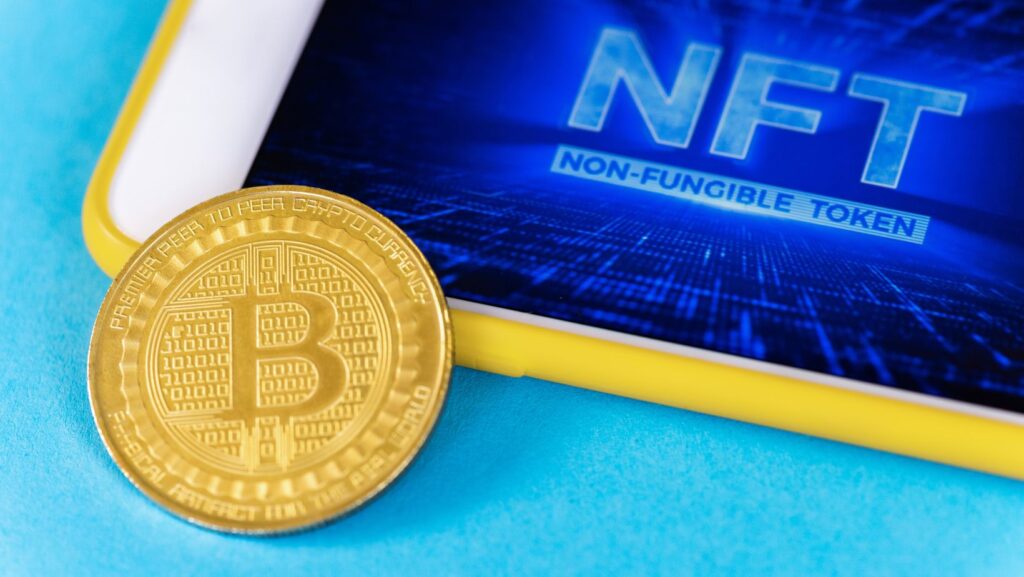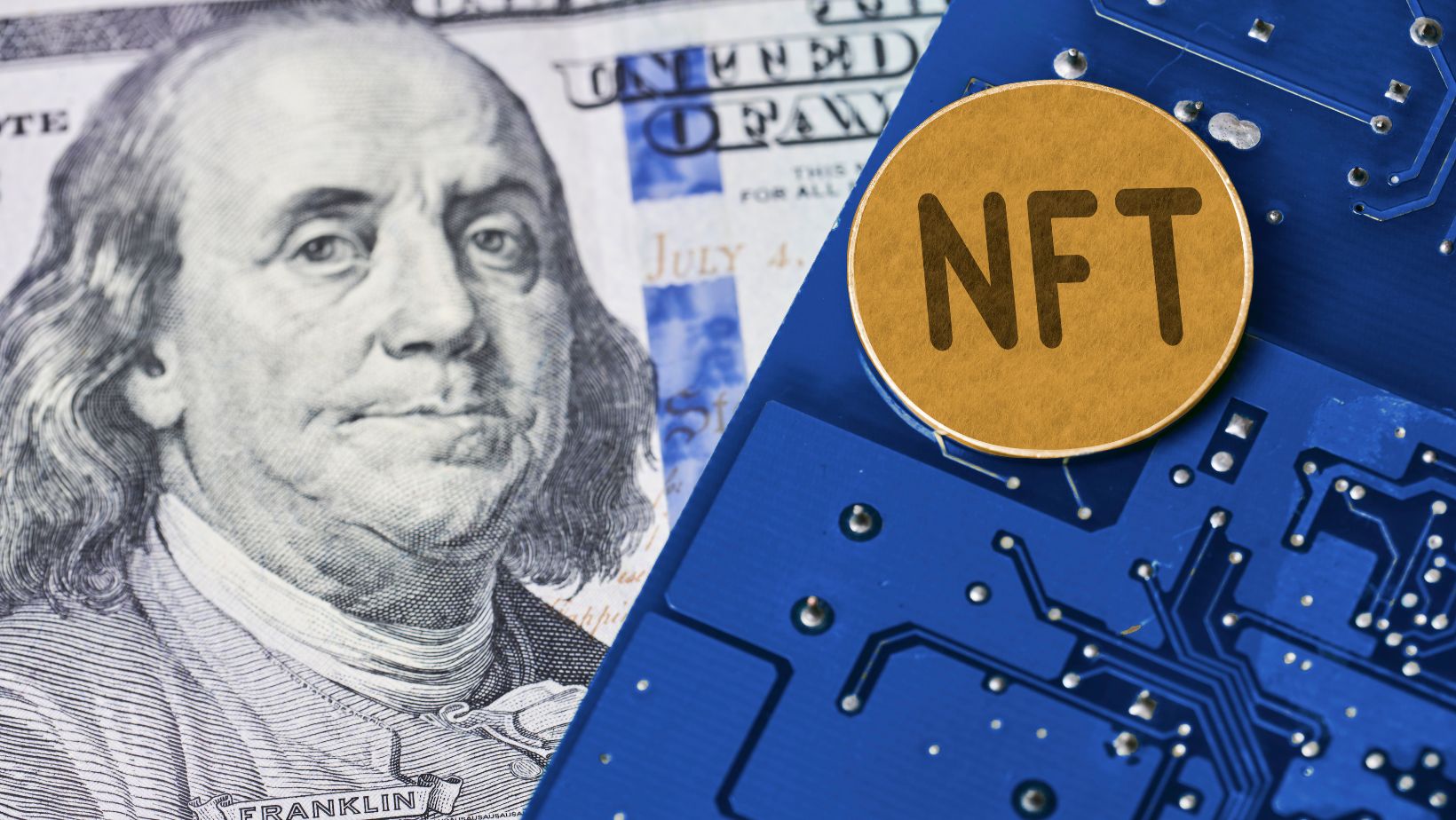
When people think of non-fungible tokens (NFTs), they often picture high-priced digital art auctions. However, the potential of this technology goes beyond the glamorous world of crypto. NFTs offer tangible opportunities for brick-and-mortar small businesses to revolutionize customer loyalty programs, events, promotions, and revenue streams.
Understanding NFTs: An Online Casino Business Case Study
NFTs act as unfakeable digital VIP passes, proving that a player deserves special treatment and features. This makes loyal players feel valued while allowing some of the best online casino businesses to gather invaluable data on prime customers and strengthen relationships through tailored rewards enabled seamlessly by NFT verification. But how?
In simple terms, NFTs are unique digital certificates stored on the blockchain that prove ownership of a digital asset. These certificates cannot be copied or faked. The scarcity of NFTs makes them valuable for granting exclusive access and benefits, similar to a digital VIP pass.
Let’s say you’re an online casino owner looking to enhance customer retention and loyalty. Traditionally, loyalty programs involve point systems tied to player accounts. However, these points can be easily duplicated across multiple accounts, allowing non-loyal customers to take advantage of bonuses and perks.
Instead, you can issue uniquely identified NFT “passes” to verified high-value players, which will be stored in their digital wallets. These NFTs signify VIP status and grant exclusive access to special game modes, improved odds, or early access to new slot releases.
When a loyal player logs into the casino, the system can simply check for and validate their VIP status NFT in the wallet. This instantly unlocks exclusive perks and bonuses during gameplay without the need for manual verification or discount codes.

Harnessing The Power of Digital Scarcity
The verified scarcity provided by NFTs is a fundamental value proposition for small businesses. Let’s take the example of an independent coffee shop aiming to increase customer retention through a membership-based loyalty program. Traditionally, members would carry a paper punch card for periodic free drinks. However, these cards can be easily shared, allowing non-loyal customers to benefit from the perks.
Now, imagine that the coffee shop issues uniquely identified NFT ’passes’ to verified loyal members instead. Customers can access these passes through digital wallets on their smartphones. When members purchase their morning latte, the barista can simply scan their NFT ‘pass’ for instant authentication, granting discounts or rewards.
NFTs can also facilitate a wide range of limited-access events that digital tickets cannot. Whether it’s new product launches, pop-up shop openings, waitlists for hot items, or contest and giveaway entries, NFTs ensure that only verified holders gain access.
Moreover, the inability to copy NFTs eliminates the issues of scalping and counterfeiting commonly associated with traditional ticketing methods. Music festivals can use NFT wristbands for entry, scanning them to prevent fraud while collecting resale royalties and fan data through each transaction.
Unlocking Passive Income
The transactional utility of NFTs extends beyond one-time events. One often overlooked aspect is the ability to embed royalty structures into NFTs.
For instance, a specialty retailer could create an exclusive limited series of NFT ‘passes’ that grant holders early access to new inventory shipments. The scarcity and VIP status associated with these NFTs make them highly sought after by top customers. These customers can then actively trade these access NFTs within secondary marketplaces.
By programming royalty payments into the NFTs, the retailer can earn a percentage of all subsequent secondary sales as passive income while expanding their customer base. This revenue can continue flowing indefinitely from secondary transactions, even if the retailer never mints another NFT.
The passive income model can be applied across various sectors. A bakery could issue an annual free birthday pastry NFT as long as it continues to provide enduring value to the holders. An accounting firm could sell tax audit protection NFTs, granting a free annual financial review to the holders. Yoga studios could mint class package NFTs with built-in bonuses whenever they are resold. Coffee shops could reward loyalty points through redeemable NFT tokens.

Getting Started With NFTs
Entering the blockchain space can be daunting for non-tech-savvy business owners. However, partnering with specialized crypto platforms can make NFT experimentation more accessible, even for small businesses. Turnkey solutions are available to help design, mint and sell NFTs, including marketing them on leading digital marketplaces like OpenSea. Payment processing options can be enabled for cryptocurrencies like Ethereum or traditional dollars.
Despite recent volatility in the crypto market, the technology behind NFTs holds tangible promise for small business owners who approach it with caution. Prudent experimentation at a modest scale is recommended. Brands that creatively embrace NFT utilities today will enjoy first-mover advantages in leveraging web3 tools, building customer loyalty, generating buzz, and opening new revenue streams through secondary sales. By merging cryptocurrency programmability with their existing business fundamentals, mainstream companies can deliver entirely new value to their customers.










